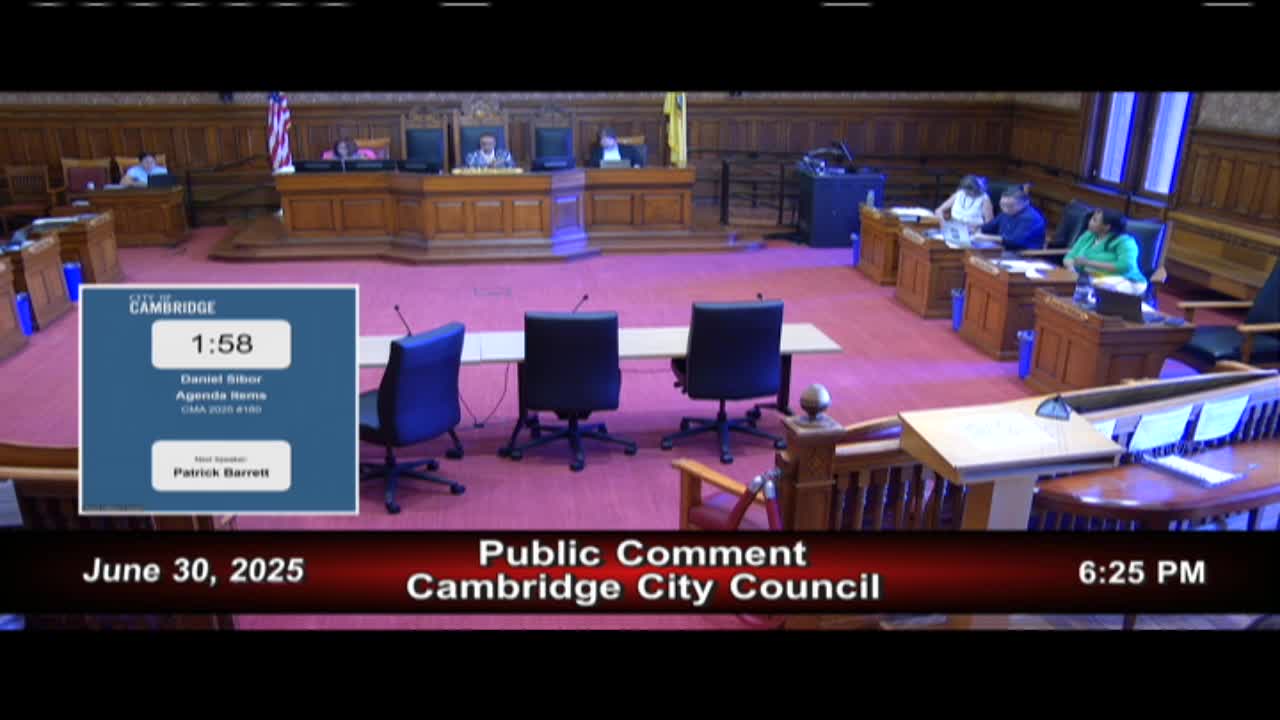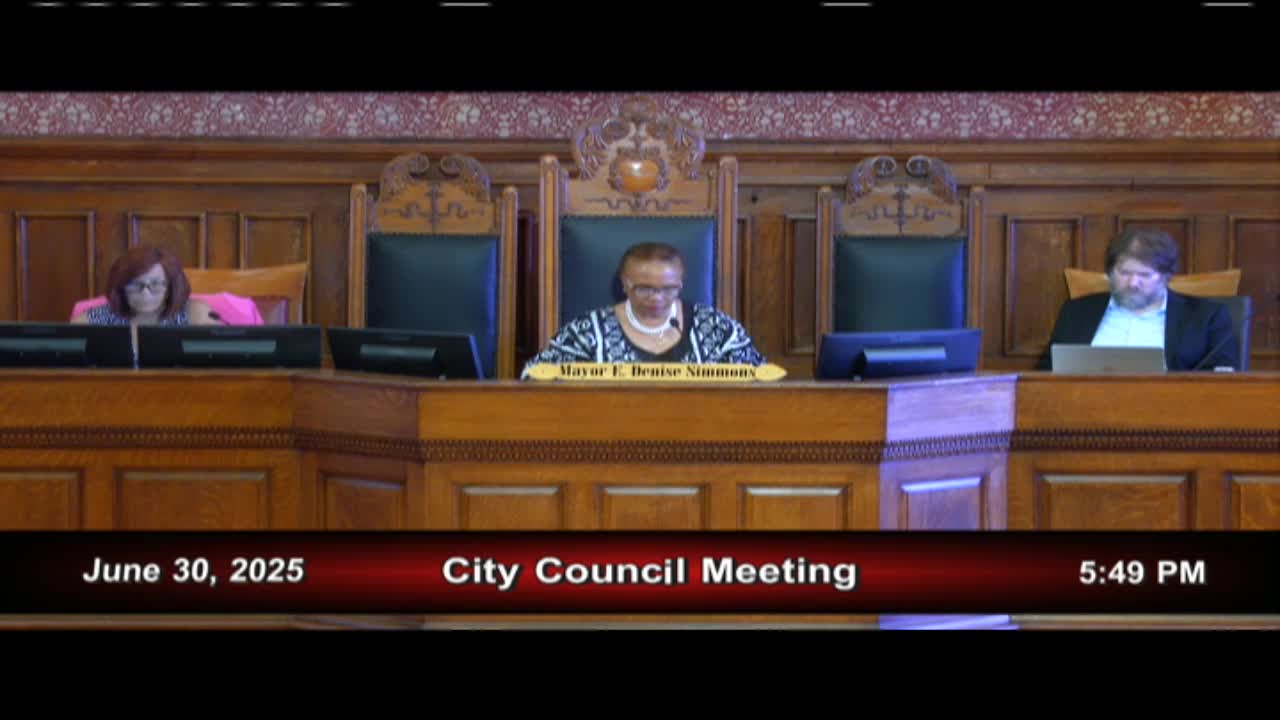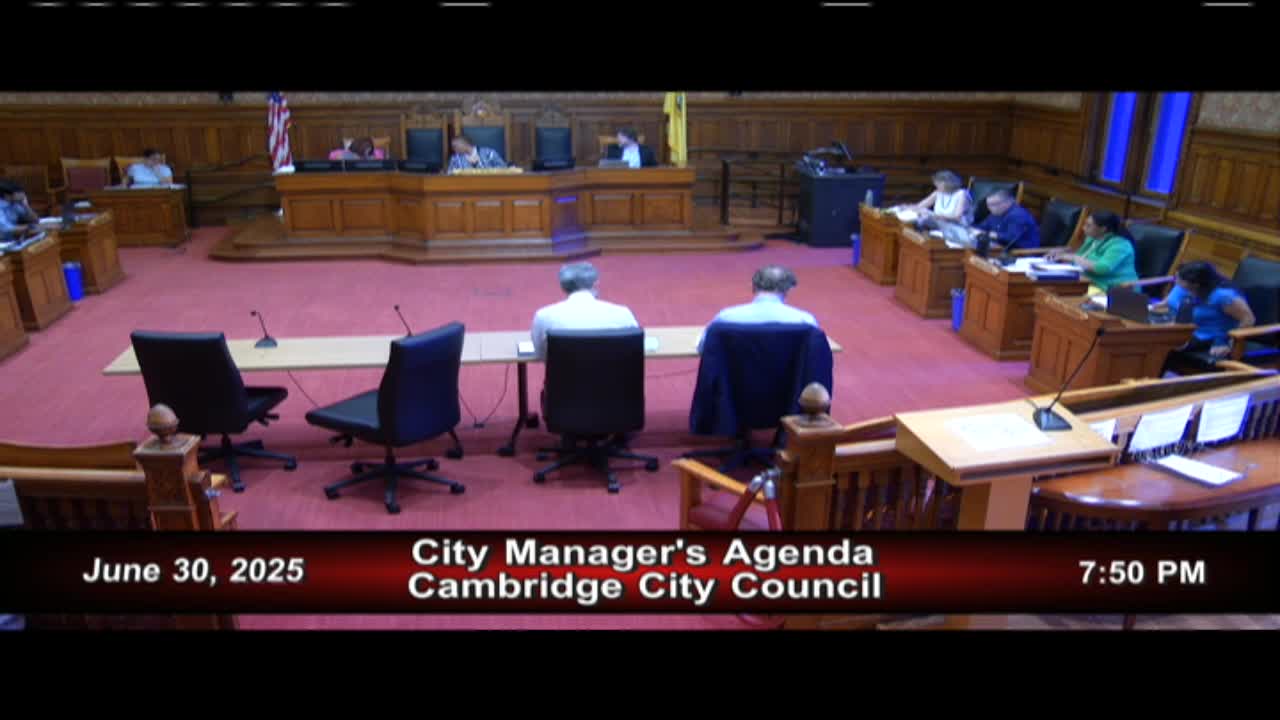Article not found
This article is no longer available. But don't worry—we've gathered other articles that discuss the same topic.

Council asks for interim report on building, demolition and housing policy as developers urge temporary inclusionary relief

Council delays vote on East Cambridge zoning and $20 million community benefits after weeks of nonprofit dispute

